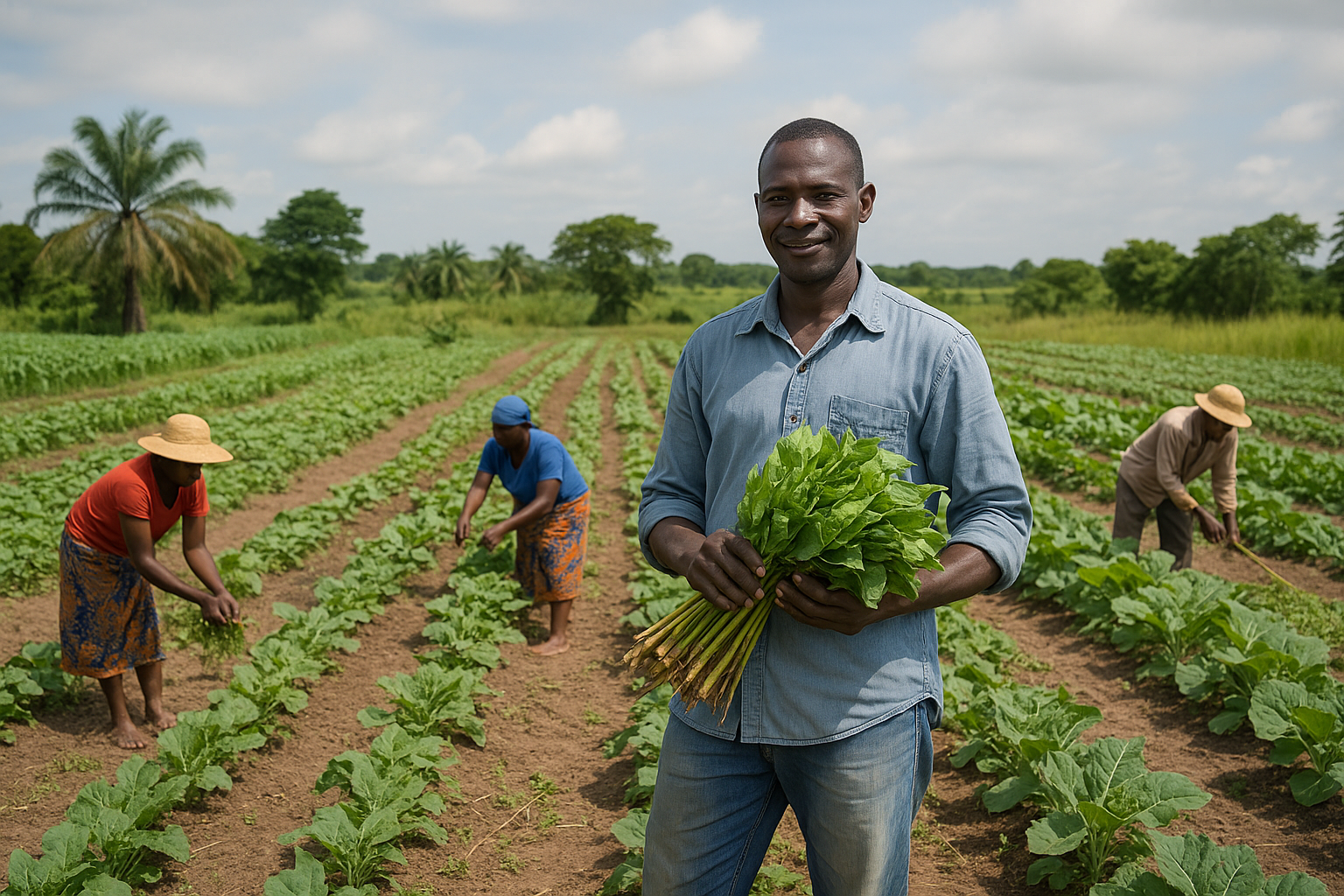Africa Validates First Continent-Wide Sustainable Finance Taxonomy Framework
Regional and Industry Support Stakeholders from across Africa have welcomed the taxonomy as a transformative step toward mobilising green and sustainable capital.

- Country:
- Ivory Coast
Africa’s financial sector has reached a historic milestone in its climate and sustainability agenda with the official validation of the African Sustainable Finance Taxonomy — the first framework of its kind for the continent. Endorsed in Nairobi on July 16–17 by regulators, commercial banks, insurance companies, and development finance institutions, the taxonomy establishes a unified classification system for economic activities that contribute to sustainable development.
The initiative was spearheaded by the African Development Bank (AfDB) through its African Financial Alliance on Climate Change (AFAC) platform, following a year-long consultative process involving more than 60 institutions from both the financial and real sectors across Africa. The outcome provides a standardized, transparent, and regionally tailored tool to direct capital toward climate-smart, environmentally sustainable, and socially responsible investments.
Addressing a Critical Gap in Africa’s Finance Architecture
The creation of the taxonomy responds to a significant challenge identified in a 2021 survey of African financial stakeholders: the lack of standardized, fit-for-purpose instruments to channel domestic financing toward sustainable economic growth. This finding was later embedded in AFAC’s five-year strategy and Vision 2030, launched in 2023, which prioritises harmonised tools for sustainable finance.
Technical support for the taxonomy came from PricewaterhouseCoopers Luxembourg, with funding provided by the Global Center on Adaptation through the Africa Adaptation Acceleration Program (AAAP) under the African Climate Change Fund.
Regional and Industry Support
Stakeholders from across Africa have welcomed the taxonomy as a transformative step toward mobilising green and sustainable capital. Nana Sika Ahiabor, Manager of the Climate and Sustainability Office at the Bank of Ghana, hailed it as “developed by Africans, for Africa” and emphasised that while adoption is voluntary, it comes at a crucial moment for scaling up sustainable finance across the continent.
“It offers a transparent framework to classify assets and financial activities that support sustainability in an African context,” Ahiabor said, calling on African nations and institutions to integrate the taxonomy into their national strategies.
Ann Njuguna, Finance Manager at BRITAM Kenya, described the nine-month testing phase as “insightful and rewarding,” noting that case studies demonstrated how the taxonomy could align Africa’s financial systems with global ESG standards while respecting the continent’s own development priorities.
Mahamadi Balima, Head of Sustainable Finance at the Financial Markets Authority of the West African Monetary Union (AMF-UMOA), underscored the taxonomy’s potential for regional integration: “This strategic tool will help guide capital flows toward sustainable investments, strengthen economic resilience, and attract both regional and international impact investors.”
Private Sector Engagement
The taxonomy has also drawn enthusiastic support from the private sector. Rochelle Chetty of Standard Bank praised the practical and collaborative nature of the discussions, noting that real-world scenario testing was key to shaping an implementable framework.
AfDB’s Climate Finance Vision Senior AfDB leadership highlighted the taxonomy as a cornerstone of the Bank’s climate and green growth agenda. Prof. Anthony Nyong, Director of the Climate Change and Green Growth Department, described it as “a critical milestone in creating an enabling environment for mobilising private sector resources toward sustainable development.”
Similarly, Ahmed Attout, Director of Financial Sector Development, stressed that the consultative process reflects the Bank’s commitment to partnering with Africa’s financial sector to manage sustainability risks while unlocking green investment opportunities.
Connecting Africa to the Global Sustainable Finance Architecture
By defining clear standards for what qualifies as sustainable economic activity, the taxonomy is expected to harmonise Africa’s financial markets, reduce fragmentation, and make it easier for investors to identify credible green projects. While rooted in Africa’s development priorities, it has been designed to integrate seamlessly with global frameworks, enhancing the continent’s ability to attract international climate finance.
As climate change impacts intensify and the need for resilience grows, the African Sustainable Finance Taxonomy lays a strong foundation for a more coherent, transparent, and investment-ready financial ecosystem — one that positions Africa as both a leader in climate-aligned finance and a key player in the global green economy.
ALSO READ
Strategic Green Investment in Supply Chains: When Altruism Meets Carbon Policy
Parliamentary Panel Calls for New ESG Oversight Body to Combat Greenwashing
From data to sustainability: How digital tools drive manufacturing ESG gains
How EU ESG Banking Rules Target Poor Performers Yet Spare Key Green Transition Firms
TCL Technology Unveils 2024 ESG Report: Pioneering Governance and Sustainability










